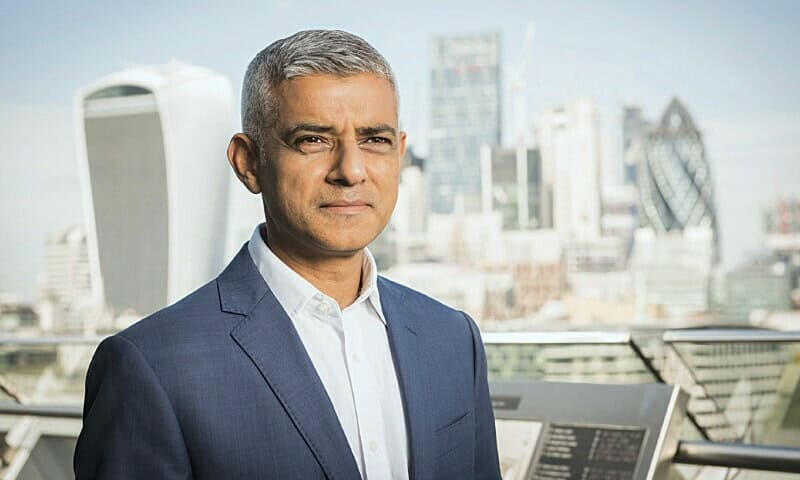London Mayor Sadiq Khan secured a historic third term on Saturday.
Khan’s victory has dealt a significant blow to the Conservative Party in what has been their poorest showing in recent local elections, just months before an anticipated general election.
Khan, 53, comfortably defeated his Conservative opponent Susan Hall, dashing any lingering hopes within the Conservative camp of wresting control of the UK capital from Labour for the first time since 2016.
In his victory speech, Khan acknowledged the challenging months leading up to the election, citing a relentless onslaught of negativity. He emphasized the need for a change in leadership, highlighting Labour’s readiness to govern under Keir Starmer’s leadership and calling for Prime Minister Rishi Sunak to offer the public a viable choice.
Expressing gratitude to Londoners, Khan affirmed his dedication to serving the city and shaping its future toward fairness, safety, and environmental sustainability in a separate post.
As the first Muslim mayor of a Western capital, Khan was widely anticipated to win, benefiting from Labour’s nationwide surge and the Conservative Party’s struggles in the polls. His margin of victory increased compared to the previous contest in 2021.
The election outcome compounded a series of disappointing results for Prime Minister Sunak’s Conservatives, who finished a distant third in local council tallies after losing nearly 500 seats across England. Labour made significant gains, winning crucial mayoral races in cities like Manchester, Liverpool, Yorkshire, and London.
In the West Midlands, where Conservative incumbent Andy Street vied for a third term, votes were still being tallied, with the outcome uncertain.
Sunak acknowledged voter frustration but remained resolute, asserting that Labour has yet to secure crucial constituencies needed for a majority. Labour, buoyed by recent victories, including seizing the Blackpool South parliamentary seat, called for a national vote, advocating for a fresh start under its leadership.
Sunak is obliged to call a general election by January 28 next year at the latest, aiming for a poll in the latter half of 2024. Labour has consistently led in the polls throughout Sunak’s tenure, capitalizing on Tory missteps, economic challenges, and other issues eroding public confidence.
Despite Labour’s gains, the Conservative Party remains a formidable opponent, and speculation about potential leadership challenges looms amid the disappointing local election results.














